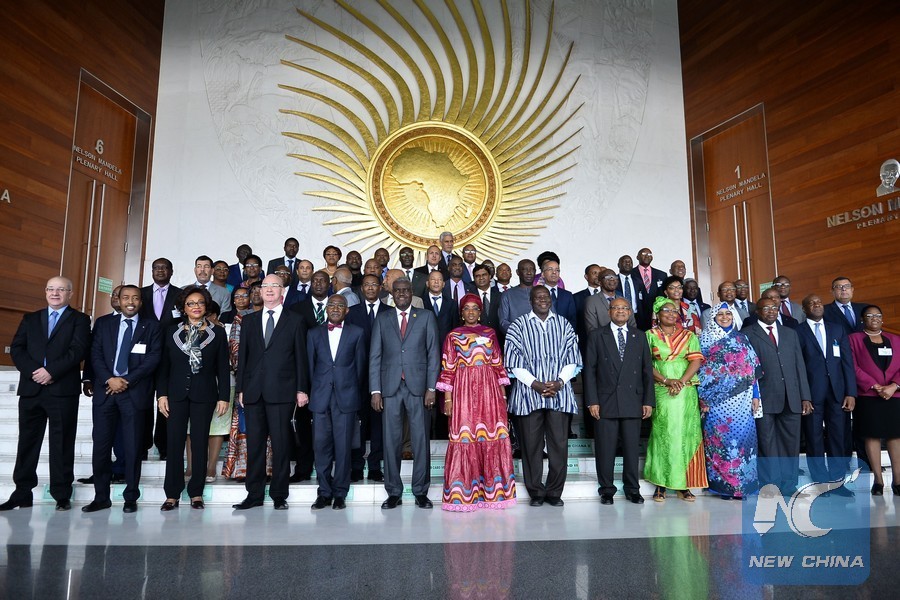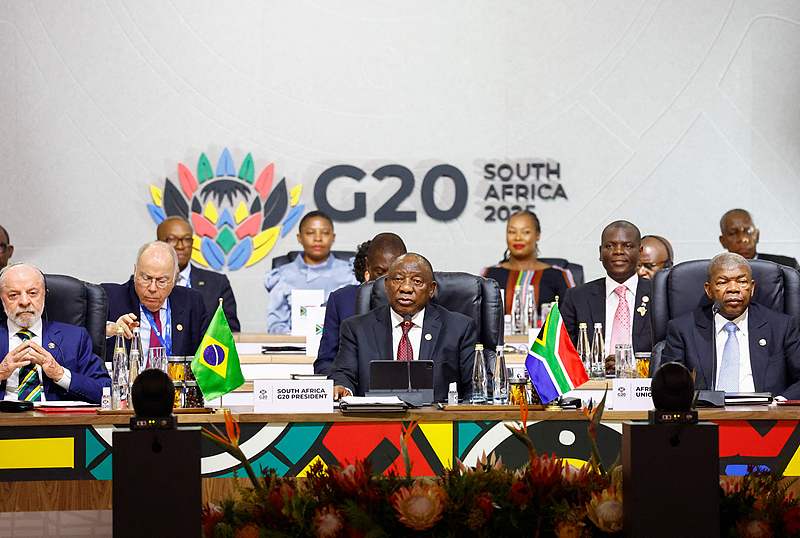
#29thAUSummit: AU seeks institutional reform to better address challenges

Creating more synergy and harmony in the implementation of major African Union (AU) programs is at the heart of AU’s reform process, Thomas Kwesi Quartey, AUC Deputy Chairperson said on Saturday.
The reform, once complete, will assist the pan African block to effectively address the challenges that continue to hamper the AU from realizing its potential, Quartey told reporters at a press briefing during the 29th AU summit being held in Ethiopia’s capital Addis Ababa.
The source of financing, as an important part of the reform, will ensure the Union’s financial independence, and reduce the AU over-reliance on development partners for funds, according to Quartey.
A financing proposal for the African Union was adopted by Heads of AU member states during the 27th AU Summit held in Rwanda last year. It directs all AU member states to implement a 0.2 percent levy on eligible imports to finance the African Union in its drive to be self-dependent.
Quartey also indicated that, despite challenges, some African countries have already initiated actions to implement the decision, which entered into operations as of January 2017.
Countries such as Kenya, Rwanda, Chad, Ethiopia and Republic of Congo are said to be at the forefront in implementing the 0.2 percent levy, which applies for imports from non-AU member states arriving by sea, road and air to the continent.
After asserting that the continued and successful implementation of the Union’s programs requires adequate and sustainable funding, Quartey expressed his optimism with regards to financing the Union saying that “from 2018, all our 55 states will oversee the full, consistent and timely implementation of this decision.”
The initiative mainly aspires to create an equitable and predictable source of financing for AU, aiming to provide reliable and predictable funding for continental peace and security by reducing dependence on partner funds.
It also targets to relieve the pressure on national treasuries with respect to meeting national obligations for payment of assessed contributions of the Union.






